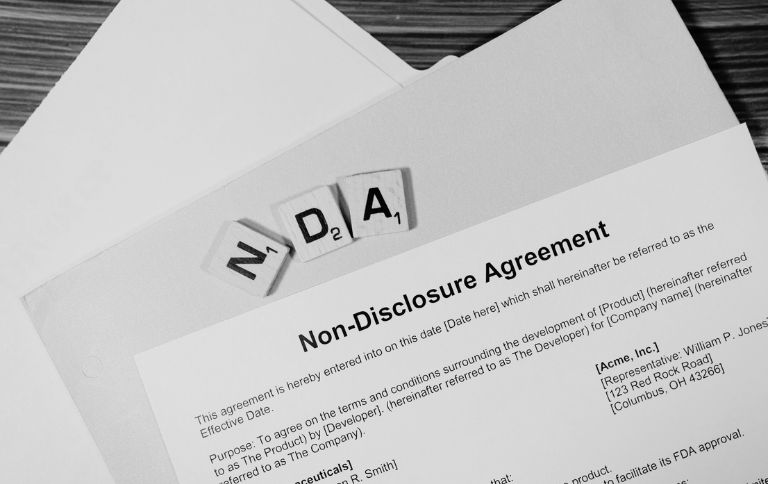In today’s competitive business landscape, contracts that include Non-Disclosure Agreements (NDAs), Non-Compete Clauses, and Confidentiality Provisions are increasingly common. Whether you’re starting a new job, entering into a business partnership, or contracting for services, you may be asked to sign one—or all—of these agreements. While they’re often presented as standard, these documents can have serious legal and professional implications.
Before you sign, here’s what you should understand:
NDAs: Protecting Sensitive Information
An NDA is designed to prevent individuals from disclosing or using certain information without permission. This can include:
- Trade secrets
- Business plans
- Client lists
- Proprietary data
What to Watch For:
Look for overly broad language. If the NDA defines “confidential information” too broadly or lacks a time limit, you could be signing away your rights to use information that becomes public or is already known to you. Ask for clear definitions and reasonable timeframes.
Non-Competes: Restricting Future Employment
A non-compete clause limits your ability to work for competitors or start a similar business after leaving a job or business relationship.
What to Watch For:
Courts often scrutinize these clauses for fairness. Consider:
- Geographic scope – Is it local, national, or global?
- Time duration – A six-month to one-year limit is more likely to be enforceable than a five-year restriction.
- Job function – Does the clause restrict you from working in your specific role or in your entire industry?
Non-competes must strike a balance between protecting legitimate business interests and your right to earn a living.
Confidentiality Provisions: A Broader Obligation
Confidentiality clauses are often embedded in employment contracts and service agreements, obligating you to keep certain information private both during and after your relationship with a company.
What to Watch For:
Make sure the clause doesn’t extend indefinitely or apply to information that is already public. Also ensure that the agreement includes exceptions for legal disclosures or court orders.
Key Takeaways Before Signing
- Don’t assume it’s non-negotiable. Many contracts are drafted with aggressive terms, expecting some pushback.
- Ask questions. If something is unclear or feels overly restrictive, ask for clarification or legal advice.
- Consult a lawyer. A quick review can save you from long-term legal and professional headaches.
Your signature has power—don’t use it until you fully understand the agreement in front of you.
Need Help Reviewing or Drafting These Agreements?
At Stone & Bellus we help individuals and businesses navigate complex contractual terms with clarity and confidence. Whether you’re negotiating a job offer or preparing business documents, our team is here to protect your interests.




